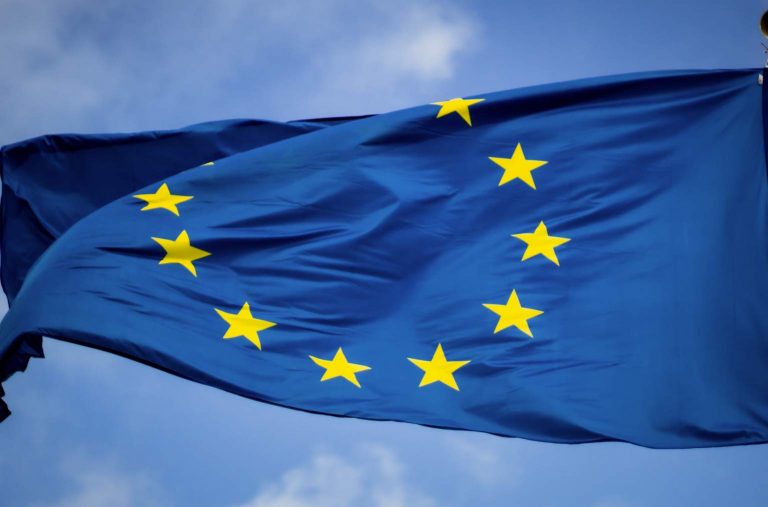
Data Light and Talk Heavy
Discussion and Analysis by Charles Porter:
Whilst the headline above may be many people’s aggregate impression of financial markets and politicians regardless of the short-term conditions, it is certainly the general impression of this week. With only minor data released within the UK on Tuesday and significant US data waiting until Friday, once again, the musings of Central Bankers in organised speeches will continue to be the main market-only news of this week.
The main driver of foreign exchange markets over the past weeks have been related to monetary policy. The hyper-low interest rates and stimulus programs that seem to be an ever-enduring paradigm of the macroeconomy at present may finally begin to be unwound. Interest rates within most developed economies have been threatening the zero lower-bound either since the financial crisis, or, in the case of the Eurozone, following the start of the European Sovereign Debt crisis.
In this low interest environment, an interest rate hike has a double and mutually enforcing effect. Firstly, the interest rate at face value raises the reward for saving and investment. Speculative investment and asset allocation will therefore favour an economy and interest rate that provides higher rewards. The associated currency will therefore receive a boost, derived from heightened international demand for the currency, that will spill over into value of the domestic currency.
However, the second, and arguably equally important, effect derives from bucking this enduring monetary policy and economic paradigm. Raising interest rates immediately signals the belief of a central bank, and therefore probably economists alike, that the economy can contain higher rates of interest. Therefore, it signals that domestic and international investment and public debt will be sustainable when the returns upon deposits and assets increase.
The latter belief will signal that the economy is returning to health and, following such prolonged periods of hyper-low interest, output and growth may prevail. This effect will clearly also lead to the purchase of the associated currency because it signals that economic performance may well rise in the near future. If a currency appreciation can be called an advantage, something that it is often not labelled as due to the negative effect upon domestic export markets, then there is certainly a first mover advantage. With hyper low interest rates pervading throughout almost all developed, credit- and investment-worthy nations, the first to reward significant rates of interest will receive considerable capital inflow given the rising opportunity cost associated with its counterparts.
With the absence of considerable data outside, perhaps, Tuesday’s UK trade balance data and Friday’s forthcoming US CPI inflation, the main highlights are likely to be found within further speeches made by central banks. Of particular importance within these speeches will be President Draghi’s remarks later this afternoon alongside other members of the European Central Bank. Whilst the White House considers the nomination of Federal Reserve Chair board, a lot of interest will continue to be paid to US monetary policy.
The widely priced in probability of a rate hike coming from the US before year end, QE tapering announcements within the Eurozone likely to be guided forward as of October to start in January 2018, and an uncertain yet likely Bank of England rate hike before year end, all mean that any signal or comment suggesting that a hike is less likely will create a greater distortion within money markets than a positive signal. Therefore, there is likely to be greater downside risk associated with each of these pivotal speeches than upside potential. Therefore, until the official respective meetings of the world’s key central banks and until the next Federal Reserve Chair is appointed, meetings are unlikely to produce domestic currency market appreciations.
Related Insights

Daily Brief – Poland
Poland June 2025 will go down as a milestone for the energy sector in Poland as it was the first month that renewable energy overtook fossil fuels as a proportion of Poland’s total energy requirements. Poland is one of the highest emitting countries only behind China, Kuwait, South Africa, and Kazakhstan and despite coal consumption […]

Daily Brief – Sterling
Sterling No sooner had the financial press written that Sterling was on the skids due to the Chancellor being on the way out, than PM Starmer woke up to the need for some TLC for his beleaguered Chancellor and executed a handbrake turn to administer some gruesome bedside cheer to the apparently on life support […]

Daily Brief – EU Inflation
EU Inflation With the ECB annual symposium meeting in sunny Sintra, Portugal, inflation is very much on President Lagarde’s mind ; that is because it is showing signs of rising with the monthly inflation rate showing an increase of 0.3% and that presages a break above the target 2% rate just as she and her colleagues […]


 Humphrey Percy
Humphrey Percy